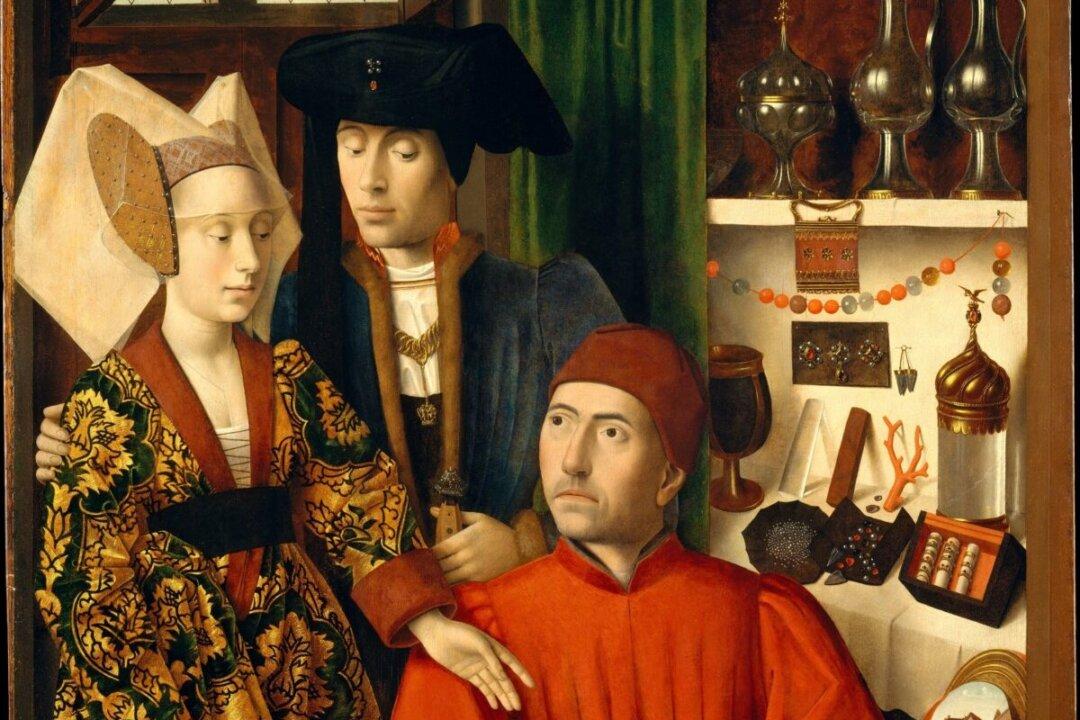It’s 399 B.C. Having been judged and condemned to death, Socrates, the ancient Greek philosopher, reflects on his predicament. Rather than bemoan his fate, he relishes an opportunity for discourse, continuing to uphold his values as he had throughout his life.
While waiting to be taken to his death, rather than make a last-ditch appeal, Socrates makes a speech. Socrates’s student Plato recorded this last oration in his “Apology,” as cited in “The World’s Famous Orations, Volume 1: Greece.”






